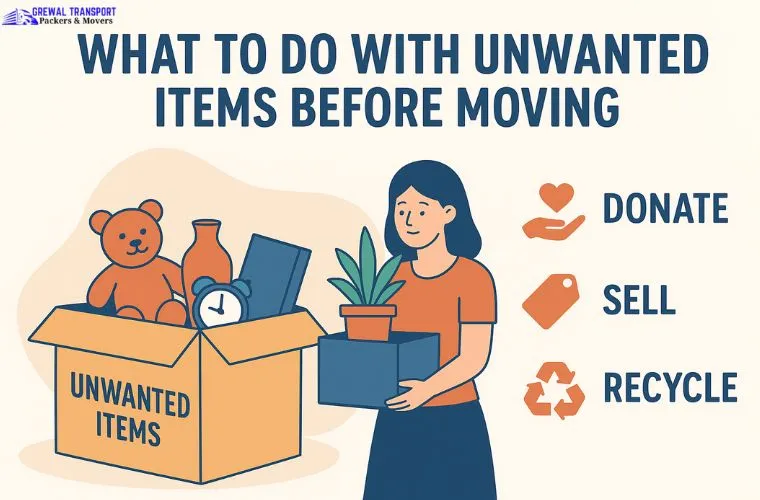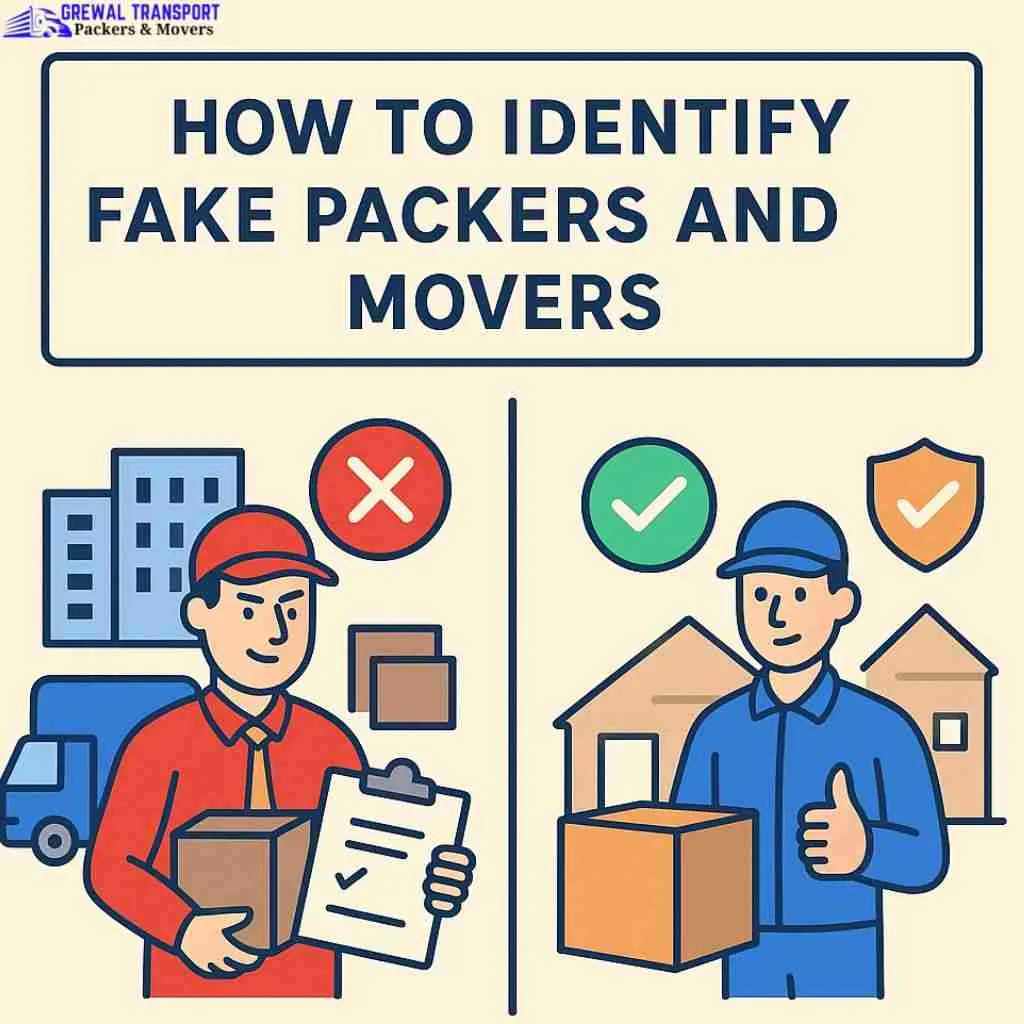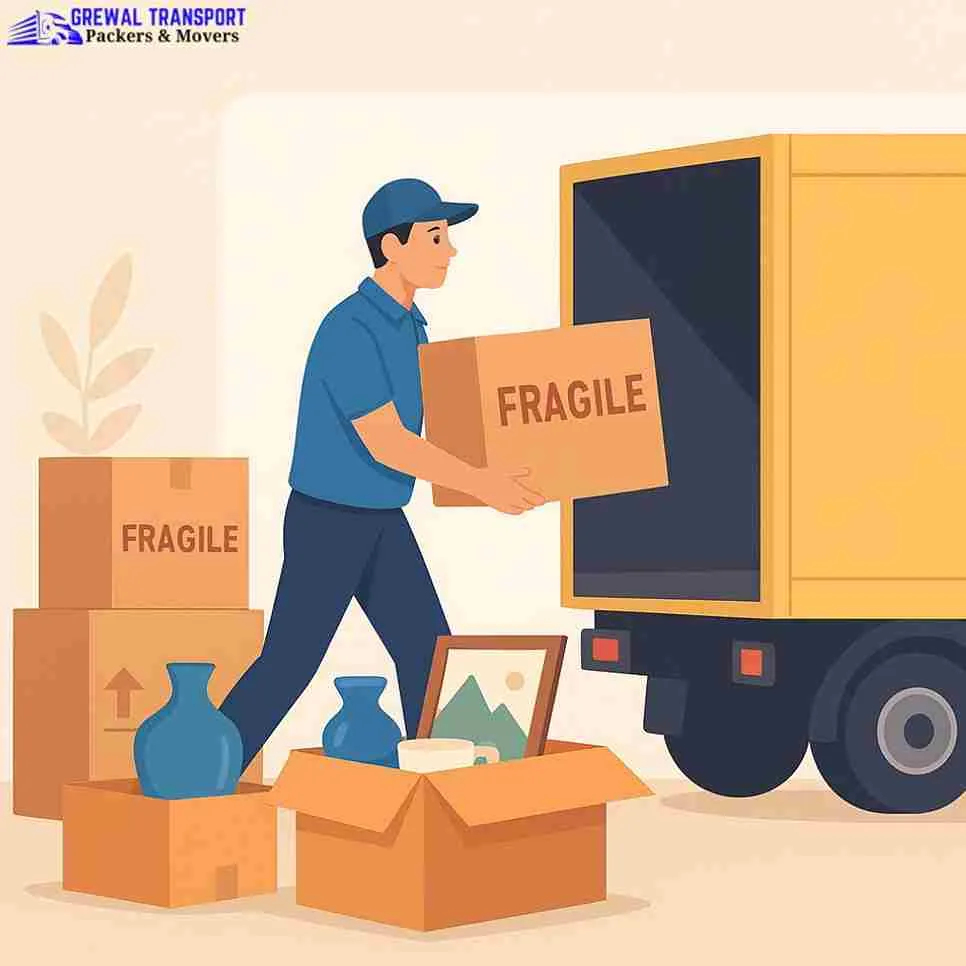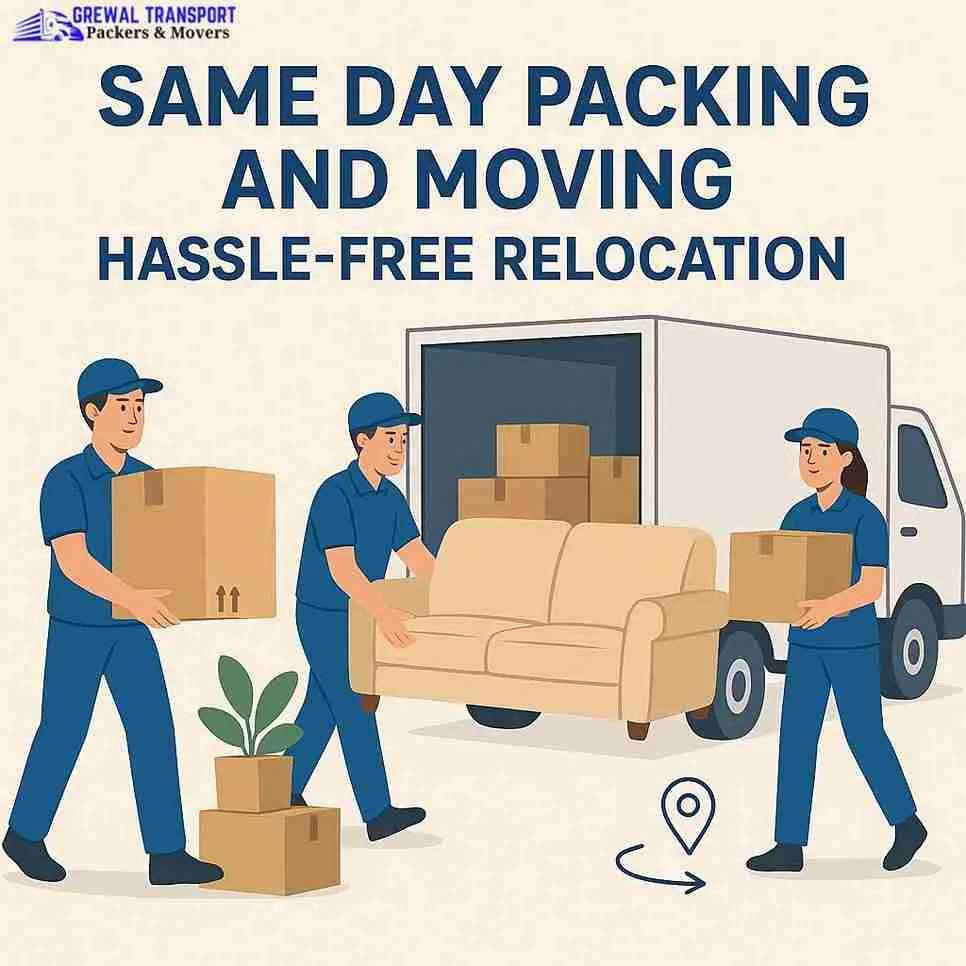Moving to a new home is exciting, but it also comes with challenges: packing, transporting, and organising your belongings. One of the biggest hurdles many people face is deciding what to do with unwanted items before moving.
Decluttering before a move not only reduces stress but also saves time, money, and effort during packing and unpacking. In this guide, we’ll explore practical strategies to manage your unwanted belongings and make your move smoother.
1. Start With a Decluttering Plan
Before you even start packing, take stock of what you own. Walk through each room and categorise your belongings into keep, donate, sell, or discard. Creating a structured decluttering plan helps you see which items are essential and which ones are only taking up space.
Keep: Essential items that you use regularly or have sentimental value.
Donate: Items in good condition that you no longer need but could benefit someone else.
Sell: Things that have resale value, such as electronics, furniture, or branded clothing.
Discard: Broken, outdated, or unusable items that cannot be sold or donated.
Having a clear plan ensures that you’re not overwhelmed when the moving day arrives and also makes your packing and moving services more efficient.
2. Host a Garage Sale or Online Sale
Selling unwanted items is a great way to earn extra cash for your move. You can hold a garage sale, post items on online marketplaces, or use mobile apps dedicated to buying and selling pre-owned goods.
Garage Sale: Perfect for larger items like furniture, appliances, or sports equipment.
Online Marketplaces: Websites and apps allow you to sell items quickly and reach a larger audience.
Specialised Platforms: Some apps focus on specific items like electronics, clothes, or furniture, which increases your chances of selling them fast.
The money earned from selling can help cover moving costs, whether it’s hiring packers and movers services, renting a moving truck, or paying for home shifting services.
3. Donate to Charity
Donating is an excellent way to give your unwanted items a new life while helping others in need. Many charities accept clothing, books, toys, furniture, and even appliances.
- Local Shelters: Homeless shelters, women’s shelters, or orphanages often need clothing, bedding, and other essentials.
- Thrift Stores: Many thrift shops accept donations that are later sold to support charitable causes.
- Community Centres: Libraries, schools, and community groups often welcome books, stationery, and educational materials.
Donation not only helps declutter your home but also contributes to a sustainable and responsible move.
4. Recycle and Dispose Responsibly
Some items are beyond donation or sale. Electronics, batteries, old appliances, and hazardous materials require special handling. Look for local recycling centres or municipal disposal services that accept such items.
- E-Waste Recycling: Many cities have designated e-waste collection points for electronics like TVs, computers, and phones.
- Hazardous Materials: Items like paint, chemicals, and cleaning supplies should never be thrown in the regular trash.
- Bulk Trash Pickup: Some local authorities offer large-item trash collection before your move.
Proper disposal ensures that your move is environmentally responsible and keeps your new home clutter-free from the start.
5. Pack Smartly
Once you’ve reduced your belongings, it’s time to think about packing. Using professional packing and moving services can make this process safer and more organised.
Labelling: Clearly label boxes with contents and destination rooms.
Fragile Items: Wrap delicate items with bubble wrap or packing paper to prevent damage.
Essentials Box: Keep important items like documents, medications, and basic kitchenware in a separate, easily accessible box.
Smart packing not only saves time but also prevents damage during transit, especially if you’re using truck transport services for heavier items.
6. Consider Temporary Storage
Sometimes, you may have items that you don’t want to take immediately but aren’t ready to part with. In such cases, renting a storage unit can be a practical solution. Storage facilities allow you to keep these items safe and accessible until you’re ready to move them into your new home.
7. Make It a Family Affair
Decluttering and deciding what to do with unwanted items doesn’t have to be a solo task. Involving family members can make the process faster and more fun. Kids can decide which toys or clothes they no longer need, while adults can coordinate donations and sales.
8. Benefits of Decluttering Before Moving
Saves Money: Less to pack, transport, and unpack means lower moving costs.
Reduces Stress: A clutter-free home is easier to organise and clean.
Helps Others: Selling or donating items benefits someone else in need.
Sustainable Moving: Proper disposal and recycling reduce environmental impact.
Conclusion
Moving can be overwhelming, but dealing with unwanted items before the move can make a significant difference. By sorting, selling, donating, recycling, and packing smartly, you can ensure a smoother, more efficient relocation. Whether you are hiring packers and movers services, courier delivery, or vehicle transport services, preparing in advance helps both you and the moving team save time and effort.
Remember, a well-planned decluttering strategy doesn’t just make your move easier; it also creates a fresh, organised start in your new home.




